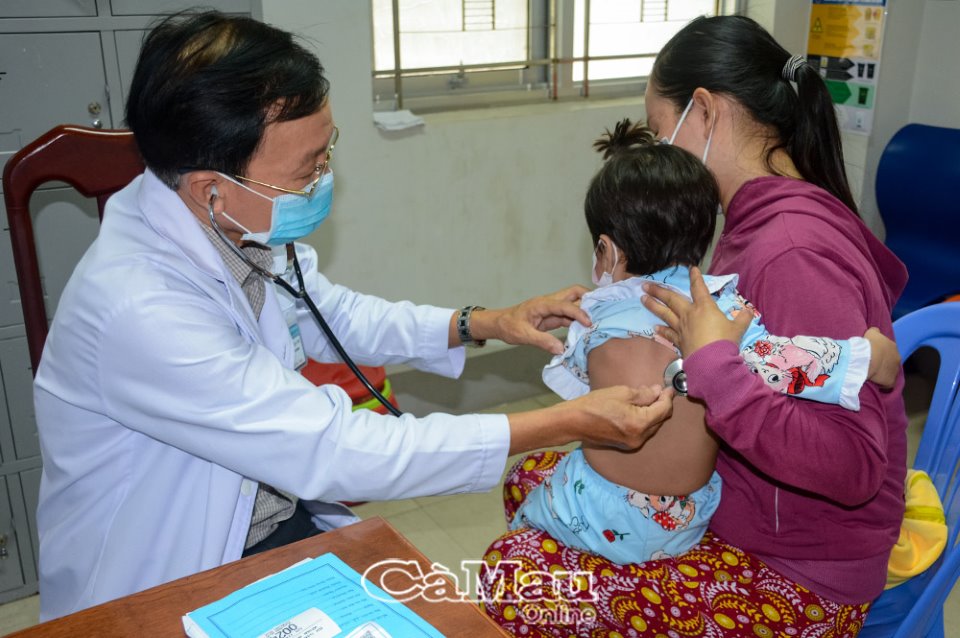 |
| When children have a fever, they should be taken immediately to a medical facility for examination and treatment advice. Do not treat them at home on your own. |
According to the Provincial Center for Disease Control, the peak month of dengue fever is approaching, with the number of cases continuously increasing rapidly in many provinces and cities, mainly concentrated in the southern provinces. In the first 18 weeks of the year, 21,674 cases of dengue fever were recorded, an increase of 25.4% over the same period in 2022, with 4 deaths.
In Ca Mau province alone, the number of dengue cases recorded in 19 weeks was 299, an increase of 117% compared to the same period in 2022, with no deaths. Localities with a high number of cases are Tran Van Thoi district, Dam Doi and Ca Mau city. The reason for the increase is that the disease is currently at the beginning of the annual increase cycle and the weather has started to have rains, creating conditions for mosquito eggs to hatch and create larvae.
According to Doctor Doan Van Nam, Deputy Head of the Department of Infectious Disease Prevention - International Health Quarantine, Provincial Center for Disease Control: "In the province, every year, the plan for the Launch Ceremony to respond to ASEAN Dengue Prevention Day on June 15 (Wormlar eradication campaign, round 1); implementing the peak month of dengue prevention in July and August every year (Wormlar eradication campaign, round 2); organizing mosquito larvae eradication in high-risk communes during the peak season. Along with that, to suppress the epidemic, localities proactively spray chemicals widely and thoroughly in areas at risk of outbreaks and successfully control the epidemic."
Dengue fever has flu-like symptoms, usually lasting from 2-7 days. The incubation period is from 4-10 days after being bitten by a mosquito carrying the pathogen. The patient has a high fever and is often accompanied by symptoms such as headache, nausea, vomiting, muscle, bone or joint pain, rash... When it progresses to severe dengue fever, the severe complication stage occurs on the 3rd-7th day after the onset of the disease. The body temperature decreases, but that does not mean the patient is recovering. On the contrary, it is necessary to pay special attention to signs such as acute abdominal pain, persistent vomiting, bleeding gums, vomiting blood, shortness of breath, fatigue, and restlessness, because the disease can progress to severe dengue fever.
Dengue fever is a dangerous disease because there is currently no specific treatment. Therefore, when cases are detected early in the community and hospital, it is necessary to thoroughly handle the outbreak to prevent the disease from spreading and breaking out. In addition, departments, sectors and organizations actively support and coordinate with the health sector to inspect, monitor, communicate and handle the epidemic./.
Quynh Anh
Source link


![[Photo] Many dykes in Bac Ninh were eroded after the circulation of storm No. 11](https://vphoto.vietnam.vn/thumb/1200x675/vietnam/resource/IMAGE/2025/10/15/1760537802647_1-7384-jpg.webp)
![[Photo] General Secretary To Lam attends the 18th Hanoi Party Congress, term 2025-2030](https://vphoto.vietnam.vn/thumb/1200x675/vietnam/resource/IMAGE/2025/10/16/1760581023342_cover-0367-jpg.webp)



![[Photo] Conference of the Government Party Committee Standing Committee and the National Assembly Party Committee Standing Committee on the 10th Session, 15th National Assembly](https://vphoto.vietnam.vn/thumb/1200x675/vietnam/resource/IMAGE/2025/10/15/1760543205375_dsc-7128-jpg.webp)
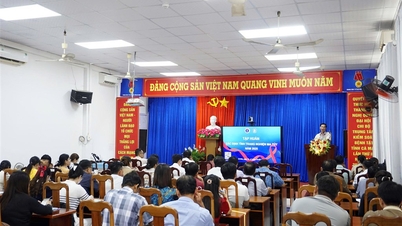



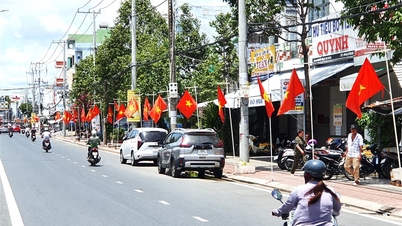
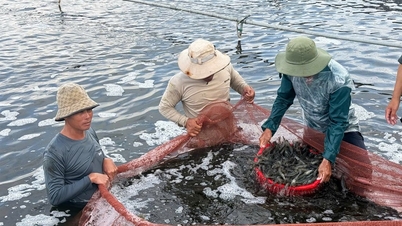












![[Video] TripAdvisor honors many famous attractions of Ninh Binh](https://vphoto.vietnam.vn/thumb/402x226/vietnam/resource/IMAGE/2025/10/16/1760574721908_vinh-danh-ninh-binh-7368-jpg.webp)














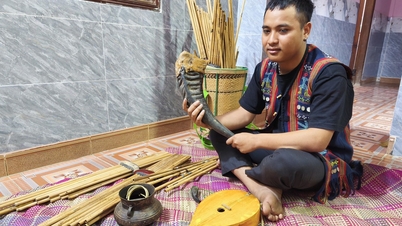






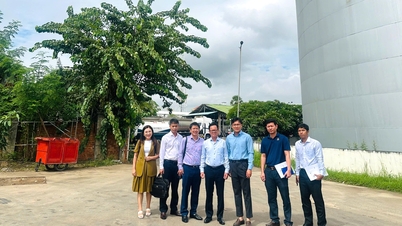
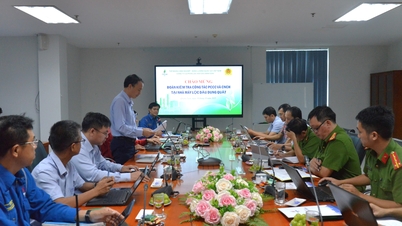










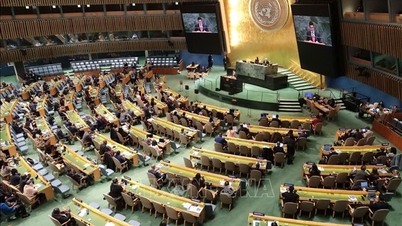

















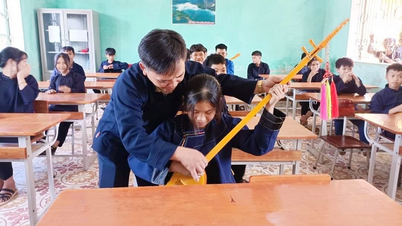





















Comment (0)